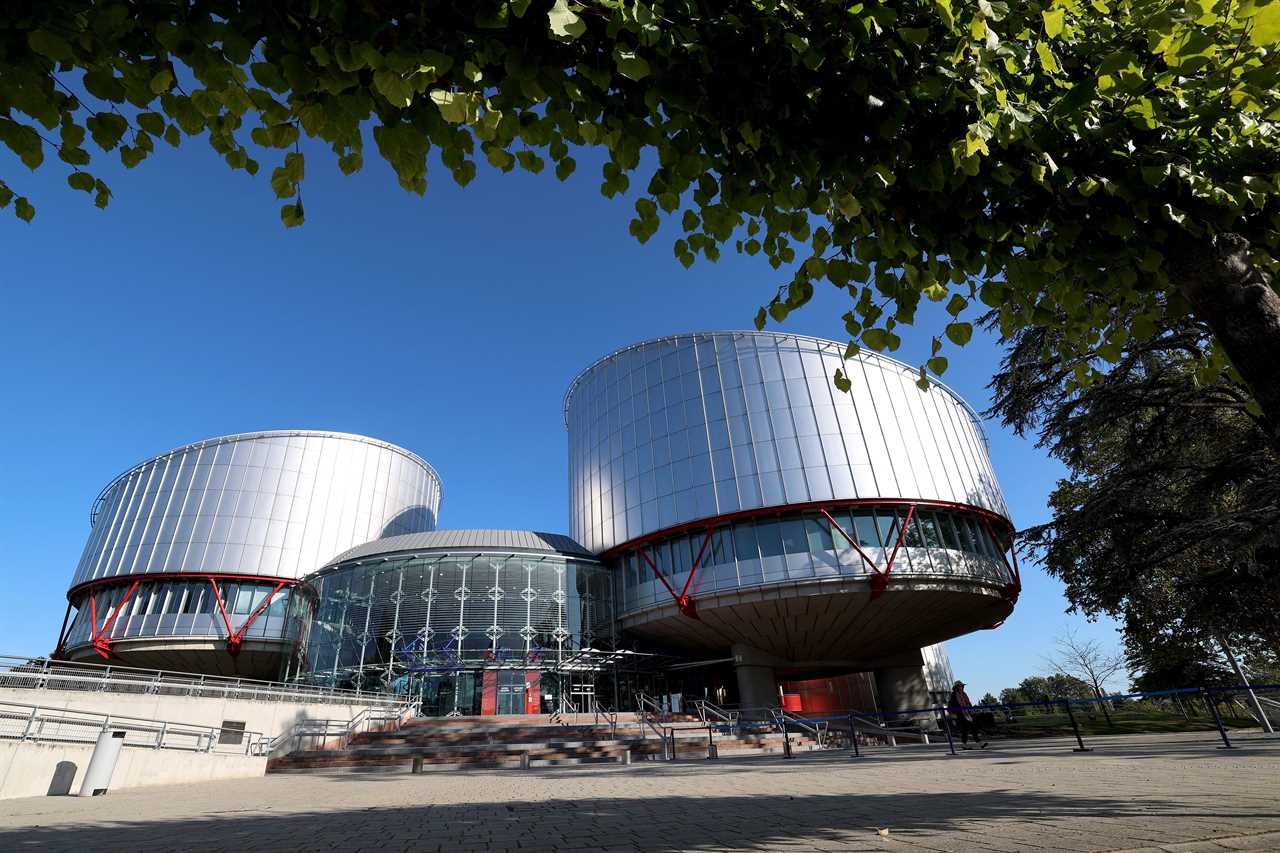
In the ongoing debate over border control and the small boats crisis, former Deputy Prime Minister Nick Clegg has called for a reevaluation of the European Convention on Human Rights (ECHR) rules, urging a more stringent approach. Clegg's stance reflects broader concerns about the application of ECHR principles in cases involving foreign criminals and asylum seekers resisting deportation, highlighting a complex intersection of legal, humanitarian, and political considerations.
Challenging ECHR Norms: A Delicate Balancing Act
Clegg's proposal to scrutinize Articles 3 and 8 of the ECHR, which respectively address torture prevention and the right to family life, underscores the need for nuanced policy adjustments. This push for reform aligns with growing sentiments, echoed by figures like Nigel Farage and Kemi Badenoch, suggesting that the UK may need to reassess its relationship with the ECHR to uphold national interests.
The Evolving Landscape of Human Rights Law
As Home Secretary Yvette Cooper conducts a review of Article 8 implications on deportation decisions, the complexities of balancing individual rights and national security interests are brought into sharp focus. The broader context, including calls from various political figures like Jack Straw and Shabana Mahmood for reevaluation and potential decoupling from the ECHR, adds layers of complexity to the ongoing dialogue.
Rethinking ECHR in Modern Times
The historical origins of the ECHR, drafted in the mid-20th century, raise questions about its adaptability to contemporary challenges. Voices like Lord Blunkett advocating for temporary suspensions of certain ECHR provisions to facilitate deportations underscore the tensions between upholding human rights standards and addressing practical border control concerns.

Political Responses and Ideological Divides
The divergent views within the political spectrum, with Shadow Home Secretary Chris Philp critiquing the ECHR as outdated while Labour and the Liberal Democrats resist complete disapplication, exemplify the ideological fault lines shaping the discourse on human rights and immigration policy. This ideological tug-of-war reflects broader societal debates on sovereignty, justice, and international obligations.
Amidst these debates, the need for a balanced approach that respects human rights while addressing border control challenges remains paramount. The evolving landscape of ECHR rules demands careful consideration of the rights of individuals seeking protection and asylum, alongside the imperative to maintain effective border management systems. As the UK navigates these complex issues, a nuanced understanding of the intersections between legal frameworks, political imperatives, and humanitarian obligations is crucial.
Did you miss our previous article...
https://trendinginthenews.com/uk-politics/the-complexities-of-mental-health-discourse-amidst-economic-challenges-a-nuanced-analysis






